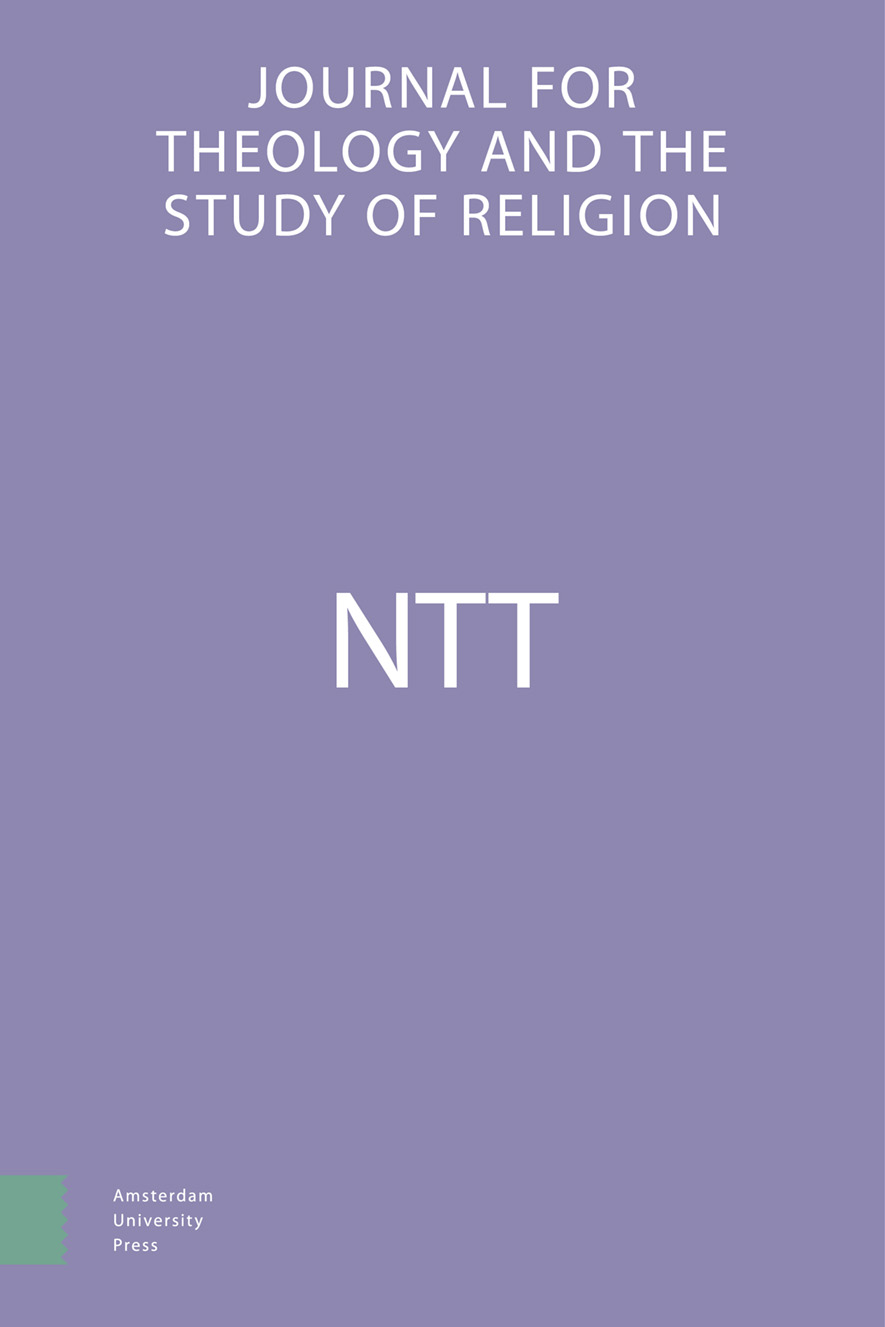-
OAHet Westen in de Japanse religie: Japans monotheïsme
- Amsterdam University Press
- Source: NTT Journal for Theology and the Study of Religion, Volume 48, Issue 2, Apr 1994, p. 89 - 103
-
- 01 Apr 1994
- Previous Article
- Table of Contents
- Next Article
Abstract
Nowadays in many books about the relations between the West and Japan, much attention is paid to a philosophical dialogue of Zen and Christianity. An important problem in this dialogue, however, remains the non-Christian Japanese conceptualization of what is god. Monotheism reached polytheistic Japan from the West not before the 17th century. What has been the impact of these monotheistic ideas on the Japanese elite? In this article the author points out that many monotheistic tendencies in Japan came into existence due to the incubation period of these ideas in China and the interest of several Neo-Confucian intellectuals in the Chinese translations of Ricci and others which were smuggled into Japan by Chinese sailsmen. Monotheism became embedded in Japan’s polytheistic developments and changed its course. On the other hand this process turned Western monotheism into Japanese monotheism even in Shinto and many new religions. It is clear that Japan’s monotheism, though differing from Christian monotheism, became established among more than a third of Japan’s population, a figure forty times larger than the total number of Christians in Japan.


